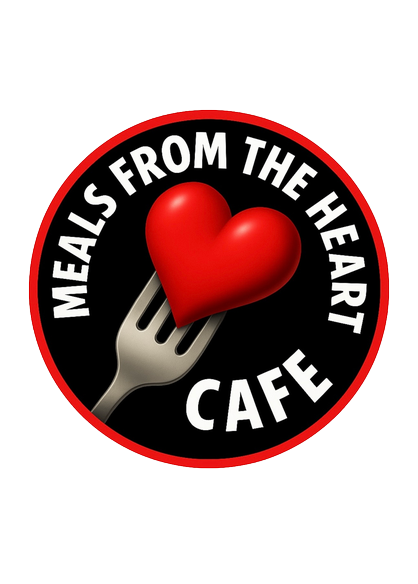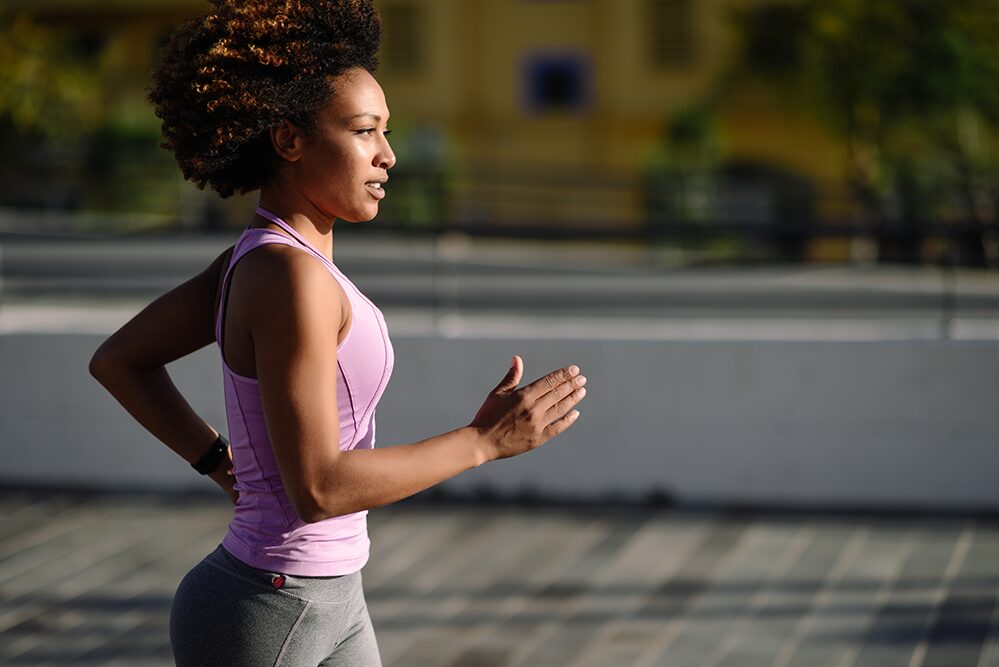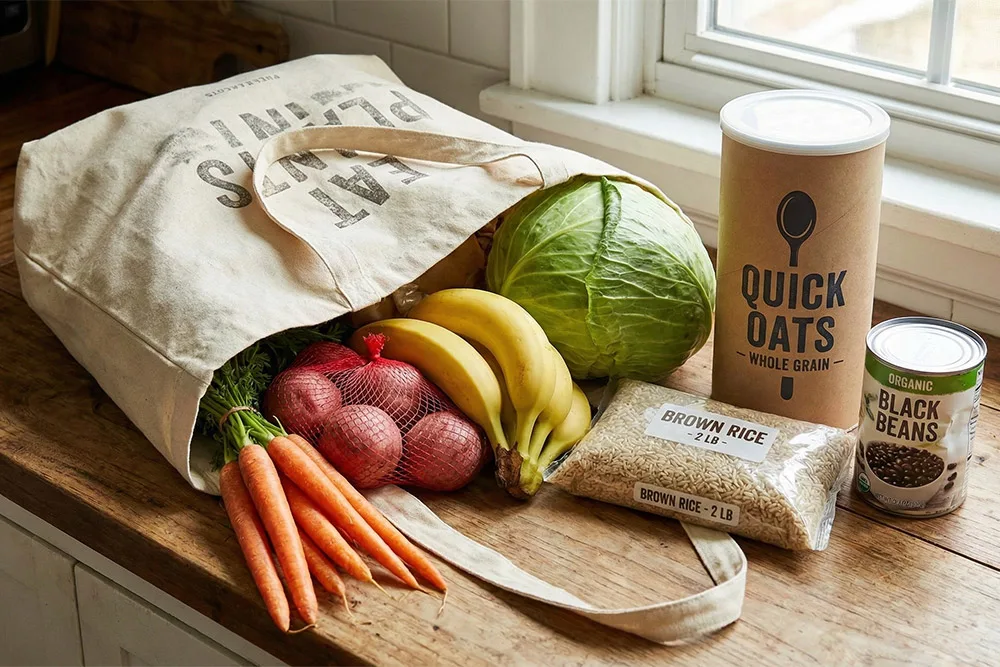
Embarking on a vegan diet is a fantastic journey, one that’s getting more and more popular here in New Orleans and across the globe. You’re swapping out animal products for a vibrant array of plant foods, from fresh veggies and juicy fruits to hearty legumes and whole grains. There are so many health benefits to a well-planned vegan diet, like a reduced risk of heart disease, certain types of cancer, and type 2 diabetes.
That said, a successful plant based diet isn’t just about what you cut out; it’s about what you put in. While a healthy diet full of whole foods can provide all the nutrients you need, there are a few essential nutrients that can be a little tricky to come by. This is where supplements and fortified foods can become your new best friends.
If you’re a newcomer to the vegan diet or a seasoned pro looking to optimize your nutrition, you might find yourself asking, “What supplements should I take as a vegan?” It’s a great question, and we’re going to get to the bottom of it. We’ll explore the key nutrients that are a bit harder to get on a vegan diet, and discuss how dietary supplements and specially fortified foods can help you fill in any gaps, ensuring your vegan diet supports a truly healthy lifestyle.
The Most Important Nutrients for Vegans
When you’re following a plant based diet, you’re feasting on things like leafy greens, vibrant vegetables, and all sorts of legumes. These plant foods are packed with fiber, vitamins, and minerals. However, some nutrients, while present, are less available to the body from plant sources. And a few others are just plain tough to find. Let’s dive into the most important ones to watch out for.
Vitamin B12: The Star Player
This is probably the most talked about essential vitamin when it comes to a vegan diet. Vitamin B12 is essential for the formation of red blood cells and for a healthy nervous system. Here’s the catch: vitamin B12 is produced by bacteria and is found almost exclusively in animal products. You won’t find it in most vegan foods unless they’ve been specifically fortified. A vitamin B12 deficiency can lead to serious health issues, including anemia and permanent nervous system damage. That’s why a vitamin B12 supplement is highly recommended for most vegans, regardless of how well-planned their vegan diet is.
Vitamin D: The Sunshine Vitamin
When we think of vitamin D, we often picture sunlight. And for good reason! Our bodies produce vitamin D when our skin is exposed to the sun. Vitamin D is absolutely vital for bone health and a strong immune system. But let’s be real, especially during those colder, cloudier months, getting enough sun exposure can be tough. On top of that, few plant foods naturally contain significant amounts of vitamin D. Some mushrooms are a great exception, but a reliable source is still key. Many fortified foods, like certain plant-based milks and breakfast cereals, are great, but a vitamin D supplement is often the most dependable way for most vegans to ensure they maintain healthy vitamin D levels.
Omega-3 Fatty Acids: Brain and Heart Fuel
You’ve probably heard about omega-3 fatty acids and how they’re so important for a healthy heart and brain. The main types are EPA and DHA, and a vegetarian diet often lacks these. While you can get a type of omega-3, called alpha-linolenic acid (ALA), from plant foods like flax seeds, chia seeds, and hemp seeds, your body isn’t great at converting it into the more usable EPA and DHA. This is why many people who follow a plant based diet or a vegetarian diet choose to take an algae oil supplement, which is a great vegan source of EPA and DHA.
Iron: The Energy Giver
Iron is another essential nutrient for forming red blood cells and carrying oxygen throughout your body. There are two kinds of iron: heme iron, which is found in meat, and non-heme iron, which is found in plant foods like lentils, chickpeas, tofu, and leafy greens. The problem is that your body doesn’t absorb non-heme iron as easily. However, here’s a neat trick: eating foods rich in vitamin C—like bell peppers, citrus fruits, and broccoli—at the same time as iron rich foods can significantly help your body absorb iron. For some people, especially those with a history of anemia or insufficient iron intake, an iron supplement might be necessary, but this is best decided with a doctor’s guidance.
Iodine: The Thyroid’s Best Friend
Your thyroid gland needs iodine to function properly, and a deficiency can lead to all sorts of problems. Iodine is often found in seafood, but for most vegans, iodized salt is the easiest way to get their daily dose. Seaweed is also a fantastic vegan source of iodine. Just be careful not to overdo it, as too much can also be a problem. If you don’t use iodized salt and don’t eat seaweed regularly, you might be at risk for iodine deficiency. This is especially something to think about for pregnant women and those who are breastfeeding.
A Deeper Dive into Vegan Supplements
We’ve talked about the nutrients, but now let’s get down to the nitty-gritty of dietary supplements. While a fantastic vegan diet is the foundation of good health, taking vegan supplements is a smart strategy to make sure you’re firing on all cylinders.
The A-Team: B12, D, and Omega-3
When someone asks what supplements should I take as a vegan, these three are the go-to recommendations.
- Vitamin B12: As we mentioned, this one is non-negotiable. Look for a B12 supplement (cyanocobalamin is the most common form) and take it as directed.
- Vitamin D: A vitamin D supplement is a great way to ensure you have adequate vitamin D levels, especially if you’re a creature of habit and don’t get a lot of sun exposure. Vitamin D2 is from plant sources, while vitamin D3 is often from animal sources, but vegan D3 options from lichen are now available.
- Omega-3 Fatty Acids: An algae oil supplement is the best way to get a direct source of EPA and DHA without eating oily fish. These supplements are made from the same algae that fish eat, so it’s like getting it straight from the source.
Other Supplements to Consider
While B12, D, and Omega-3s are the big three, there are other vegan supplements that might be helpful depending on your individual needs.
- Iron Supplements: If you’ve had a blood test and your doctor says your iron is low, they might recommend an iron supplement. Remember to take it with a vitamin C source to boost absorption.
- Iodine Supplements: If you don’t use iodized salt and your iodine intake from other vegan sources is low, an iodine supplement can help prevent iodine deficiency, particularly for pregnant women.
- Probiotics: Gut health is a hot topic, and for good reason! Our gut bacteria play a major role in our digestion and immune function. While fermented foods like kimchi, sauerkraut, and kombucha are great, some people choose to take a probiotic supplement to ensure their gut microbiome is thriving.
Fortified Foods and Other Vegan Powerhouses
Before we talk about supplements, let’s not forget about the amazing vegan foods themselves! A lot of the nutrients we’ve talked about are added to foods fortified with them.
- Plant-based milks: Many plant-based milks, like almond, soy, and oat milk, are fortified foods with vitamin D and vitamin B12.
- Breakfast cereals: Lots of cereals are also fortified foods with various vitamins and minerals, including vitamin B12 and iron.
- Nutritional yeast: This flaky, cheesy-tasting seasoning is a go-to for most vegans. It’s a fantastic source of vitamin B12 and adds a savory flavor to dishes. A sprinkle of nutritional yeast flakes on your pasta or popcorn is a delicious way to get more B12.
Let’s not forget about all the natural plant based foods that are just bursting with goodness.
- Legumes: Lentils, chickpeas, and black beans are stellar sources of protein and fiber, and they also pack a punch of iron and zinc.
- Nuts and Seeds: Chia seeds, flax seeds, and hemp seeds are your best friends for healthy fats, fiber, and protein.
- Leafy Greens: Think spinach and kale. They’re chock-full of vitamin K, which is essential for blood clotting and healthy bones.
So, what supplements should you take as a vegan? It’s a mix of a smart diet, strategic fortified foods, and a few key vegan supplements.
The 80/20 Rule and a Healthy Vegan Life
You might have heard about the 80/20 rule, a general guideline that can be applied to many aspects of life, including a vegetarian diet. It’s not a hard-and-fast rule but more of a mindset. The idea is that 80% of the time, you focus on a well planned vegan diet full of nutritious, whole plant foods. This means eating a wide variety of vegetables, fruits, legumes, nuts, and seeds. Then, for the other 20%, you have a little wiggle room for a few treats or things that might not be as nutrient-dense. This approach takes the pressure off and makes your vegan diet more sustainable and enjoyable in the long run.
Evidence suggests that focusing on this balanced approach, combined with taking supplements for key nutrients like vitamin B12 and vitamin D, is a great way to maintain optimal health. It’s about balance, not perfection.
A Final Word on Your Vegan Journey
At the end of the day, a vegan diet is a powerful way to take control of your health. It’s a wonderful thing to be able to enjoy the amazing food that plant sources provide. While it’s true that well planned vegan diets can provide all the nutrients the body needs, it’s also smart to be proactive. Getting regular check-ups with your doctor and having blood tests done can help you spot any potential deficiencies and make informed choices about which vegan supplements are right for you. Whether you’re a long-time vegetarian diet enthusiast or just getting started, remember to listen to your body and give it the support it needs to thrive.
After all, your health is a journey, not a destination. And it’s a journey that should be full of delicious plant foods, great company, and a little help from your friends—the supplements!
How to Start a Vegan Restaurant
So, you’re thinking about opening a vegan restaurant? That’s exciting! Whether you’
The Vegan Athlete Diet For Peak Performance
The world of professional sports is experiencing a plant-based revolution. Elite athletes across eve
How to Eat Vegan on a Budget
Eating plant-based has countless benefits — it’s nutritious, sustainable, and aligned with compa




